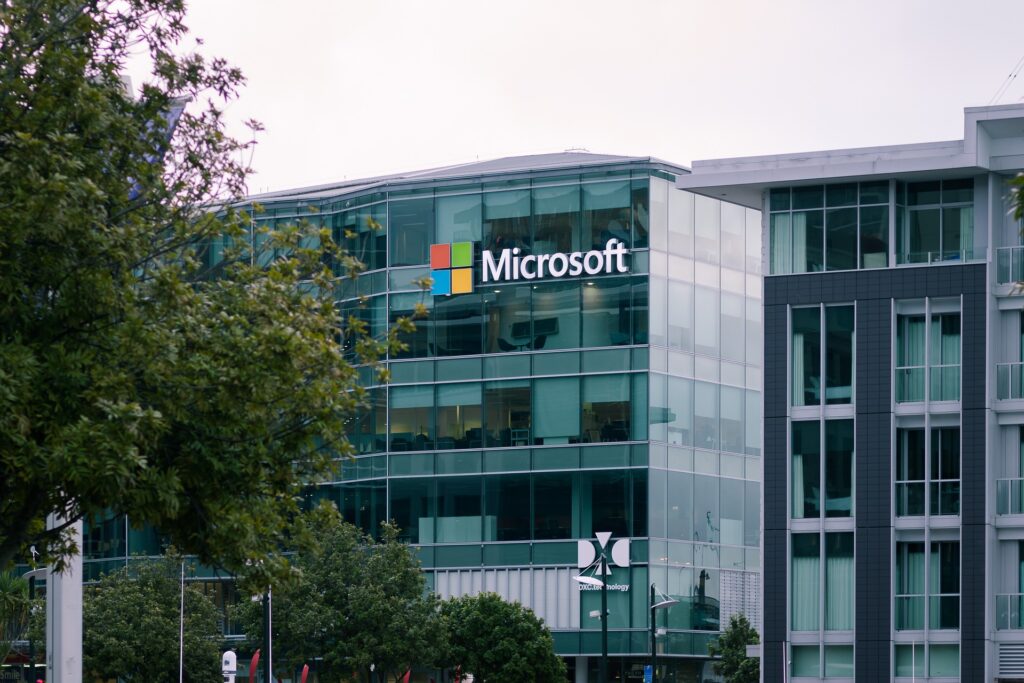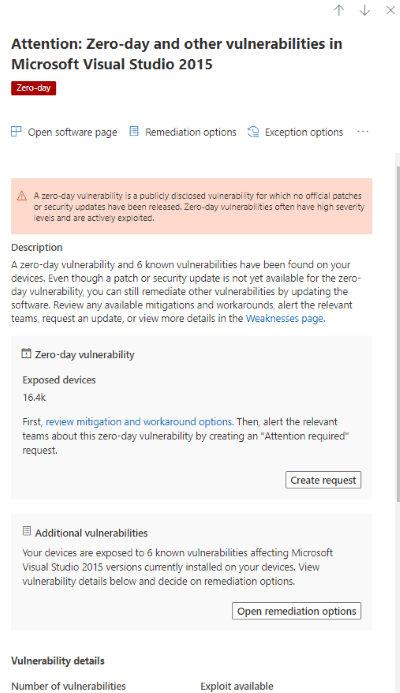Microsoft recently issued a security advisory warning about a newly discovered zero-day vulnerability. This vulnerability has already been exploited by certain hacker groups, and if successfully leveraged by attackers, it could pose a severe security threat, potentially allowing them to take full control of a compromised system. In response, Microsoft strongly urges users to apply security patches immediately and check whether their systems are up to date.

The newly identified vulnerability is likely to be exploited for remote code execution (RCE) and elevation of privilege (EoP) attacks. If attackers successfully take advantage of this flaw, they could install malicious code on the victim’s system or gain administrator privileges, enabling them to seize control over internal networks. As a result, enterprises and organizations must exercise heightened caution, applying the latest security patches and conducting thorough internal security audits.
According to Microsoft, the vulnerability impacts Windows operating systems and certain Microsoft software. Affected products are likely to include Windows 10, Windows 11, Windows Server, Microsoft Office, Internet Explorer, and Microsoft Exchange Server. Consequently, both individual users and enterprises should take proactive measures to address this security issue while staying updated on Microsoft’s official security advisories.
The attack method primarily involves phishing emails, malicious websites, or compromised document files. Cybercriminals have been impersonating trusted organizations or corporations to send emails containing malicious links, luring users into clicking them and infecting their systems. Recent reports have indicated that financial institutions and government agencies have been targeted, with potential consequences including ransomware deployment and data breaches.

To mitigate this risk, Microsoft plans to release an emergency security patch, and users must install it immediately. Checking for updates via Windows Update is crucial, and enabling automatic updates can ensure that future security patches are applied promptly. Additionally, users should exercise caution when opening suspicious emails or clicking on unfamiliar links. Enterprises, in particular, should implement security awareness training to reinforce best practices among employees.
Security experts emphasize the necessity of conducting comprehensive security audits, as this vulnerability is already being actively exploited. Strengthening network protection measures, enabling multi-factor authentication (MFA) for enhanced account security, and keeping antivirus programs and security solutions updated are essential to prevent attacks. Regularly reviewing system logs for unusual activities can also help detect and mitigate potential threats in a timely manner.
Given the high-risk nature of this zero-day vulnerability, users should act swiftly to apply security patches and adhere to security protocols diligently. Enterprises and organizations must reinforce internal security assessments, continuously monitor for the latest security updates, and stay vigilant for any additional advisories from Microsoft. As cyber threats grow increasingly sophisticated, proactive defense measures are more critical than ever.






